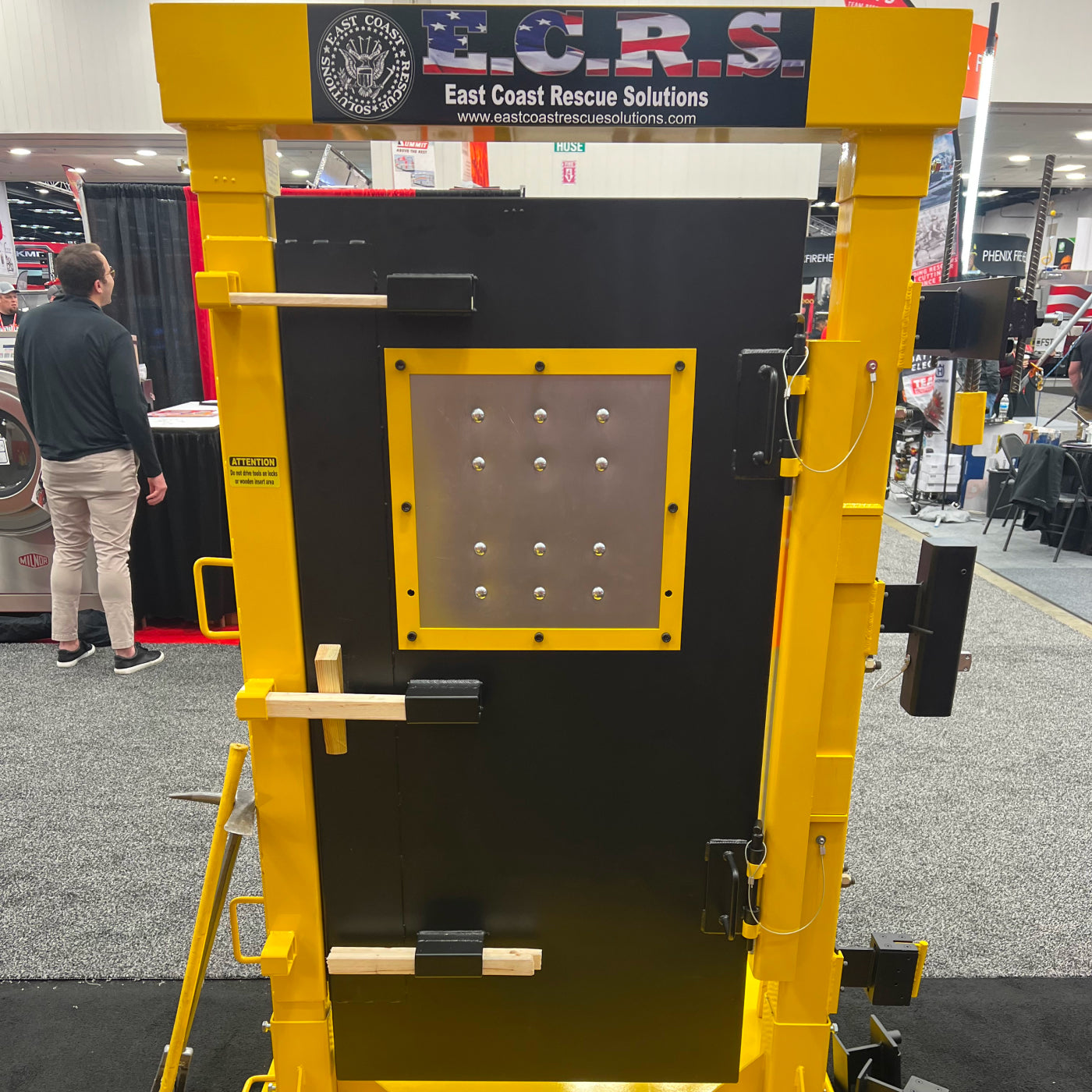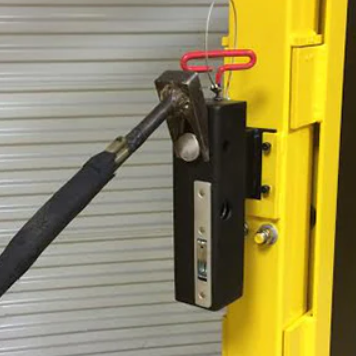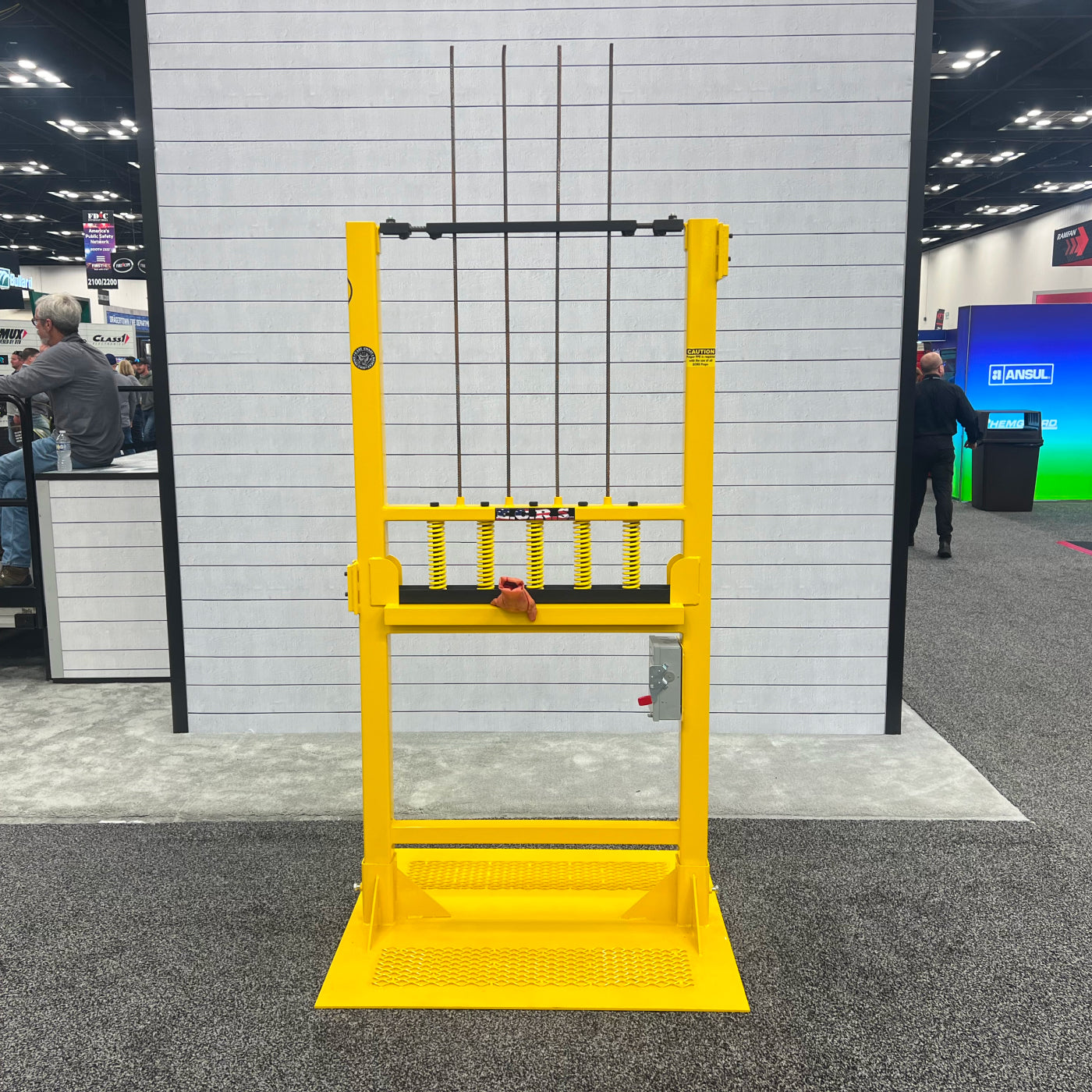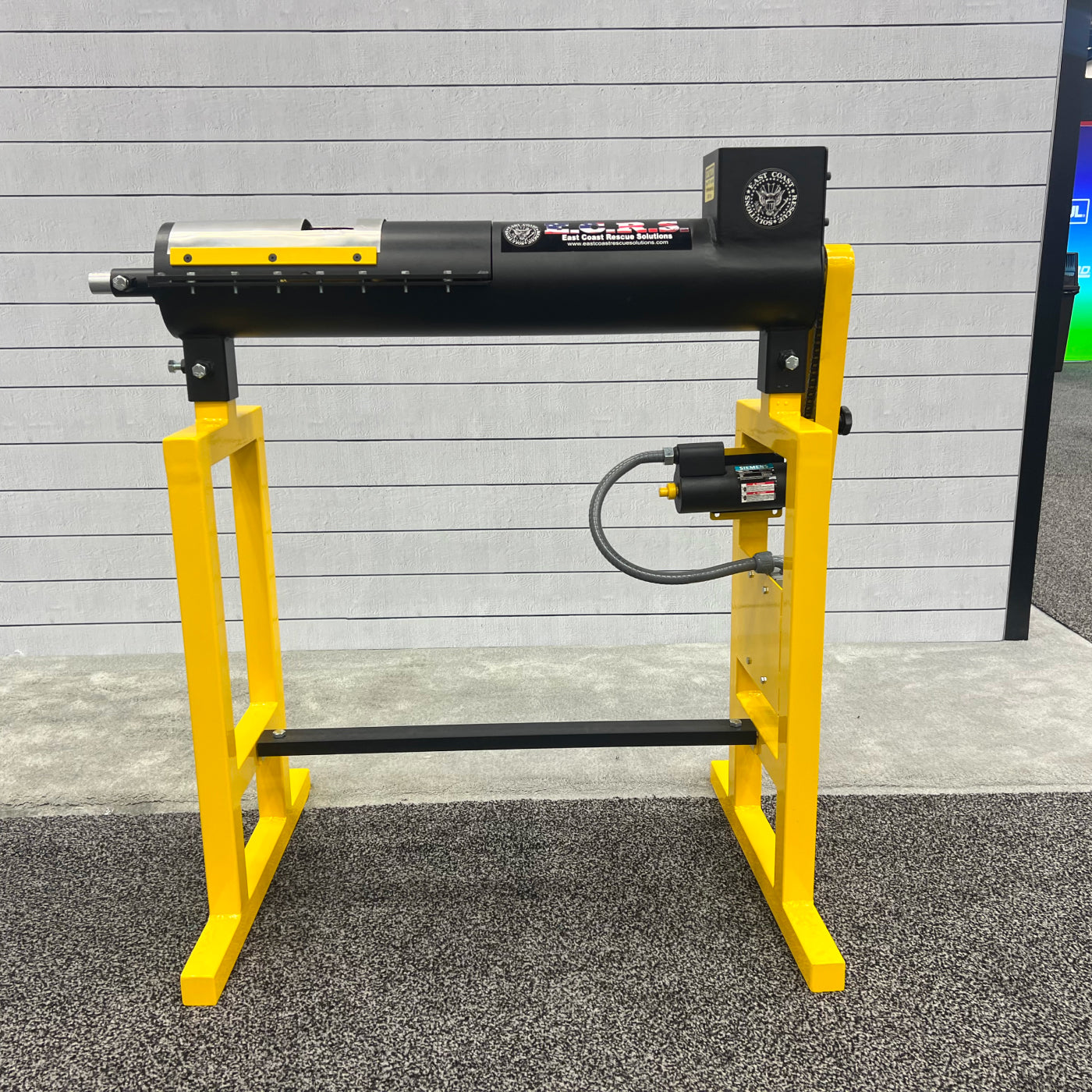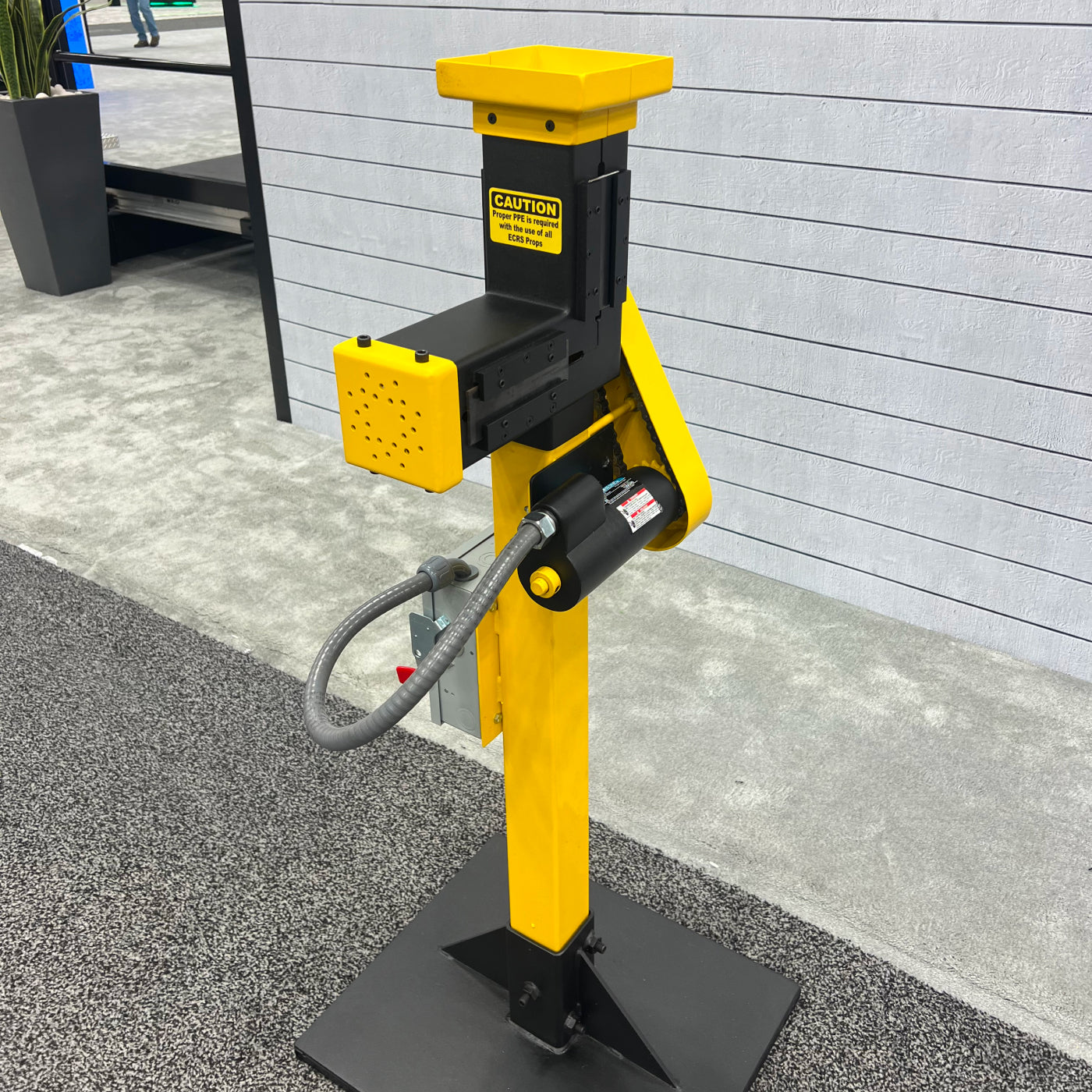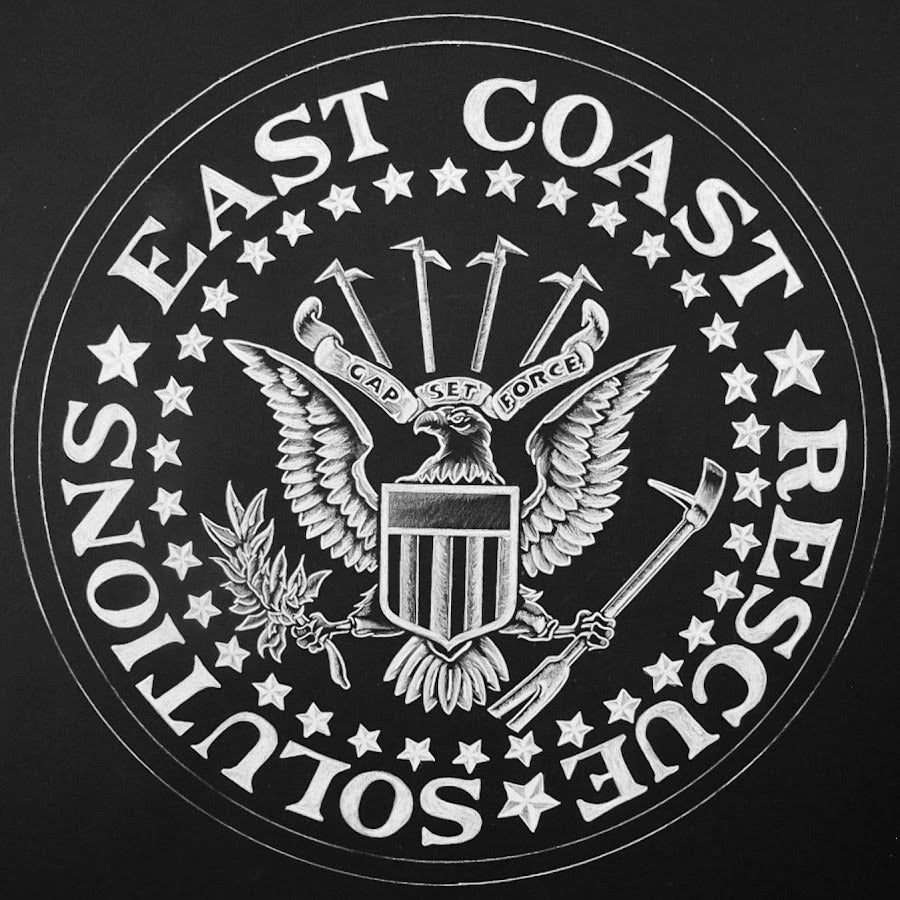Firehouses are more than just buildings—they’re second homes for firefighters. The culture within a firehouse can significantly impact morale, teamwork, and overall performance. But what makes a firehouse culture “awesome,” and how can you foster an environment where everyone feels respected, motivated, and ready to give their best? Here’s a comprehensive guide to building a firehouse culture that everyone wants to be part of.
1. Lead by Example: Set the Tone from the Top
Every firehouse culture starts with leadership. Captains, chiefs, and senior firefighters set the tone for the entire team. To cultivate a positive atmosphere:
-
Model the Behavior You Expect: Show respect, maintain a positive attitude, and be approachable.
-
Be Transparent: Keep the team informed about changes, protocols, and expectations.
-
Address Issues Promptly: Nip toxic behavior in the bud before it spreads.
-
Be Accountable: Own up to mistakes and encourage others to do the same.
Pro Tip: Encourage leaders to take leadership development courses that focus on communication, conflict resolution, and team building.
2. Foster Open Communication: Make Feedback a Two-Way Street
Firehouses operate under high-stress conditions, and misunderstandings can escalate quickly. Creating an environment of open communication can prevent conflicts and build trust.
-
Conduct Regular Check-Ins: Hold informal team meetings to discuss what’s working and what’s not.
-
Encourage Feedback: Make it safe for everyone to share concerns without fear of backlash.
-
Use Constructive Criticism: Frame feedback as an opportunity for growth, not as a personal attack.
-
Anonymous Suggestion Box: Provide a way for firefighters to share ideas or concerns anonymously.
Pro Tip: Implement a “Coffee and Chat” session once a month where firefighters can casually discuss concerns with leadership.
3. Prioritize Training and Professional Development
Firefighters want to feel like they’re growing in their careers. Offering ongoing training not only enhances their skills but also fosters a culture of continuous improvement.
-
Host Regular Training Sessions: Include advanced rescue techniques, hazmat response, or mental health support training.
-
Offer Cross-Training Opportunities: Allow firefighters to train in areas outside their current roles.
-
Bring in Guest Speakers: Invite experts to speak on topics like leadership, mental health, or advanced firefighting tactics.
-
Celebrate Certifications: Recognize those who complete advanced training with certificates or small awards.
Pro Tip: Create a “Firehouse Training Wall” where firefighters can post their new certifications and accomplishments.
4. Recognize and Reward Effort
Recognition is a powerful motivator. It doesn’t always have to be a grand gesture—a simple acknowledgment of a job well done can go a long way.
-
Monthly Shout-Outs: Recognize firefighters who went above and beyond.
-
Create a Recognition Board: Display photos and write-ups about notable performances or training achievements.
-
Award System: Develop small awards for teamwork, leadership, or excellence in training.
-
Peer Recognition: Allow firefighters to nominate each other for monthly recognition.
Pro Tip: Include personal notes of appreciation in paychecks or monthly reports. It shows that leadership notices and values individual contributions.
5. Encourage Social Bonding: Build Camaraderie Beyond the Job
Firefighting is a demanding job, but it doesn’t have to be all work and no play. Encourage activities that foster camaraderie and strengthen team bonds.
-
Team Dinners: Host a monthly dinner or BBQ to bring everyone together.
-
Friendly Competitions: Organize fitness challenges, trivia nights, or cooking contests.
-
Family Days: Host family-friendly events to introduce families to the firehouse culture.
-
Community Volunteering: Encourage the crew to volunteer together, such as at local schools or charity events.
Pro Tip: Create a “Wall of Fame” with photos from events, competitions, and volunteer activities to remind everyone of the fun times shared.
6. Promote Mental Health and Stress Management
Firefighters face high-stress situations daily, and ignoring mental health can lead to burnout, PTSD, and low morale. Integrating mental health support into firehouse culture is crucial.
-
Create a Safe Space for Conversations: Designate a private room where firefighters can talk confidentially about their struggles.
-
Bring in Counselors or Therapists: Partner with mental health professionals who understand the unique challenges of firefighting.
-
Normalize Mental Health Days: Encourage taking time off to rest and reset.
-
Provide Resources: Share information about stress management, PTSD, and support hotlines.
Pro Tip: Implement a buddy system where each firefighter is paired with a peer to regularly check in on each other.
7. Address Conflict Quickly and Fairly
Conflict is inevitable in any workplace, but how it’s handled can make or break a firehouse culture.
-
Address Issues Directly: Avoid letting issues fester by addressing them promptly.
-
Mediation Process: Develop a clear protocol for resolving disputes fairly.
-
Encourage Conflict Resolution Training: Equip team members with conflict management skills to resolve issues constructively.
-
Keep it Professional: Focus on behaviors and actions, not personal attacks.
Pro Tip: Host quarterly “Conflict Resolution Workshops” to reinforce communication skills and provide practical conflict management techniques.
8. Maintain the Firehouse: Pride in the Space, Pride in the Team
A clean, organized, and well-maintained firehouse can foster a sense of pride and respect among the team.
-
Assign Daily Chores: Rotate tasks like cleaning the kitchen, washing trucks, and organizing equipment.
-
Create a Maintenance Checklist: Ensure all equipment is cleaned, serviced, and ready to use.
-
Decorate the Firehouse: Display awards, photos, and memorabilia to showcase the team’s achievements.
-
Encourage Personalization: Allow each shift to decorate their common area with posters, team mottos, or fun themes.
Pro Tip: Establish a “Firehouse Pride Day” where the team comes together to deep clean, reorganize, and revamp the firehouse.
The Bottom Line: Building a Lasting Culture
An awesome firehouse culture doesn’t just happen overnight—it requires consistent effort, strong leadership, and a commitment to making the workplace a welcoming, respectful, and motivating environment. From open communication and recognition to ongoing training and mental health support, every initiative contributes to a positive culture where firefighters feel valued and motivated.
Creating a thriving firehouse culture is about more than boosting morale—it’s about building a team that can effectively handle high-stress situations, support one another through challenges, and celebrate each other’s successes.

